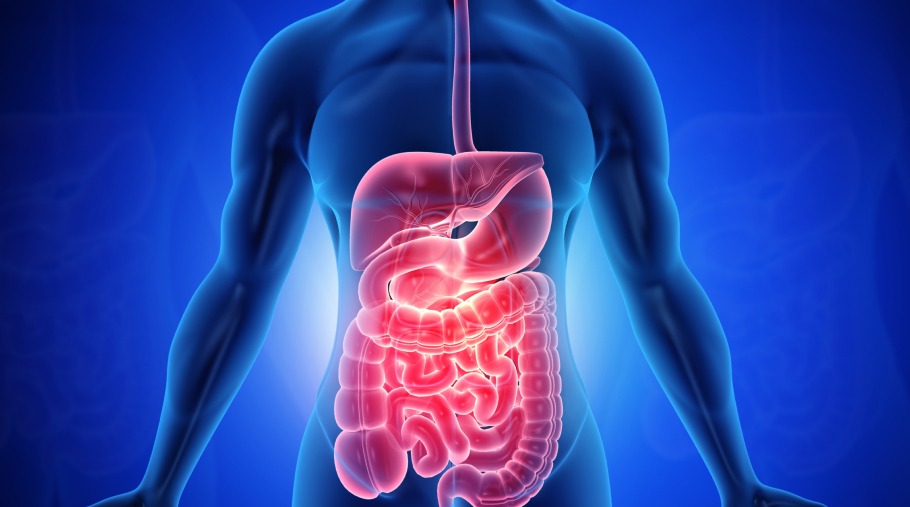
DIGESTIVE HEALTH ISSUES ARE BOTH FRUSTRATING AND CONFUSING.
Sep 26, 2021
Intestinal discomfort may not have originated in the intestines. We need to find the cause.
A Deeper Look
When people come in and say their "stomach" hurts, they often talk about their intestines.Our digestive tract runs from our mouth and throat all the way to our rectum and anus. From the top down we then have the mouth, esophagus, stomach, duodenum, jejunum, ileum, followed by our colon, which ends in our rectum. Each and every section has its own function and "tools" to do its job.
The mouth has teeth, molars, and saliva to break foods into smaller parts and get it ready for the next phase.
The esophagus connects to the stomach and continues this breakdown a little more by adding some enzymes.
Our stomach contains acid that is to liquify these food particles. it is therefore super-important to have enough acid in the stomach. Food that cannot be liquified may cause problems downstream.
The pyloric sphincter opens to let this liquified food slide into the duodenum. Here we get help from pancreatic enzymes (protease, lipase, and amylase) and bile from the gallbladder to convert proteins, fats, and carbohydrates into their respective micronutrients: amino acids (proteins), EPA, DHA, DPA, GLA (fats), and simple sugars (lactose, ribose, glucose, mannose, etc) from carbohydrates.
From the duodenum these micronutrients, plus fibers, plus liquids, will move into the jejunum where the environment changes from enzymes and acids into yeast and micro-bacteria (called lactobacillus). These are known as probiotics. Interestingly, these bacteria are very small. How small, you may ask? If our body-as-a-whole is made up of about 70 trillion cells, know that there are more bacteria than that in just one pound of intestinal bacteria. And as adults we have between two and four pounds of bacteria in our intestines! Probiotics' job is to pull these micronutrients through the intestinal wall into the bloodstream towards our liver. All the unabsorbable foods will keep moving down towards the ileum from where it moves into the colon. The colon also contains micro-bacteria (called bifidobacterium), still helping with some more absorption. The colon uses peristalsis movement to "massage" the nutrients and fibers into bowel. And this will make its way towards the rectum, and out the anus.
So, when someone talks about pain in the stomach we want to better understand where that pain is felt? How long after eating? What are the symptoms? This topic is worth expanding on, which will happen in the near future.
